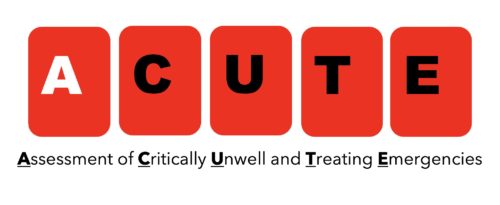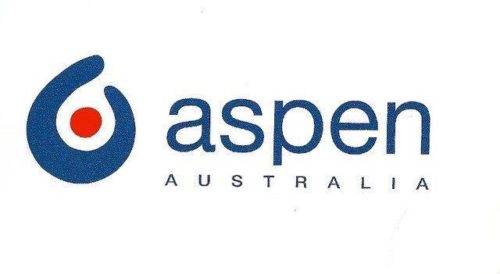

Organised by The ACUTE course faculty with support from Post Graduate Medical Education and Emergency Department, Joondalup Health Campus
Following Course Dates- 21st and 22nd October 2022
Joondalup Health Campus- Clinical School
Course fee- 250 AUD
Registration for 2022 is now open. The closing date is the 31st of August 2022.
Please be aware that there is a limited number of positions available for the course. In addition, a confirmed place in the course does not automatically guarantee your leave, so please apply for study leave/ annual leave.
The pre-Course Manual- will be provided to the candidates one month before the course date.
Brief description-
A two-day course provides doctors with a framework for dealing with common acute presentations in the emergency departments and ward situations. This course is particularly beneficial for doctors in training or aspiring to train in acute medicine, i.e. emergency medicine, intensive care, anaesthetics, and internal medicine, acute and rural general practice.
Training in the following domains will be provided in the course-
- Medical expertise
- Clinical synthesis and management
- Prioritisation and decision making
- Teamwork and collaboration
- Communication
- Health advocacy
Objective-
- Provide doctors with a structured approach toward interpreting bedside investigations, common laboratory tests, and imaging investigations.
- Diagnose and manage unwell patients in team-based environments as a leader
- Communicate effectively with patients and colleagues in difficult situations.
- Perform lifesaving procedures efficiently and in a timely manner
- Advice around work-life balance and healthy living
Components-
- Medical Expertise
- Procedures
- Case-based discussion- Clinical synthesis and management, Prioritisation, and decision making
- Simulation- scenarios
- Difficult communication
- Health and welfare
- Medical expertise-
- Bedside investigations-
- ECG
- Approach
- Structure to describe and interpret
- Common ECG abnormalities- ACS, arrhythmias
- VBG
- Approach
- Structure to describe and interpret
- Common acid-base disturbance
- CXR
- Approach
- Structure to describe and interpret
- Common acid-base disturbances
- CT scans
- Head CT
- How to describe a CT head finding and diagnosing common pathologies
- Abdominal CT
- Diagnosing common pathologies
- Laboratory Investigations
- Procedures-
- Workshop lifesaving procedures and perform them on manikins
- Perform common emergency procedures
- Procedures-
- Airway- introduction to ventilation and intubation
- Breathing- Chest drains, NIV
- Circulation- USS guided cannulas, CVC
- Others- Procedural sedation
- Case-based discussion-
- Candidates will be provided with scenarios and some relevant assessment findings to have a discussion around that information and formalise action plans with appropriate priorities and management steps.
- Scenarios- 10 scenarios to be decided
- Simulation-
- The candidates will be provided with opportunities to lead a team managing acutely unwell patients in a simulated environment with constructive feedback at the end of it. They will be high-fidelity simulations.
- Scenarios- to be decided
- Communication-
- Difficult communication with the patients
- Breaking bad news
- End of life discussion
- Ceiling of treatment
- Difficult communication with the colleagues
- Effectively communicate with team members
- How to resolve conflicts
- Health and welfare
- Work-life balance
- Future planning- career pathways
- Social event
A pre-course manual will be provided to the candidates for preparation for the course one month before the event.
For further queries, contact- Dr Ps Bhowmik email- bhowmikp@ramsayhealth.com.au
Sponsors– 

